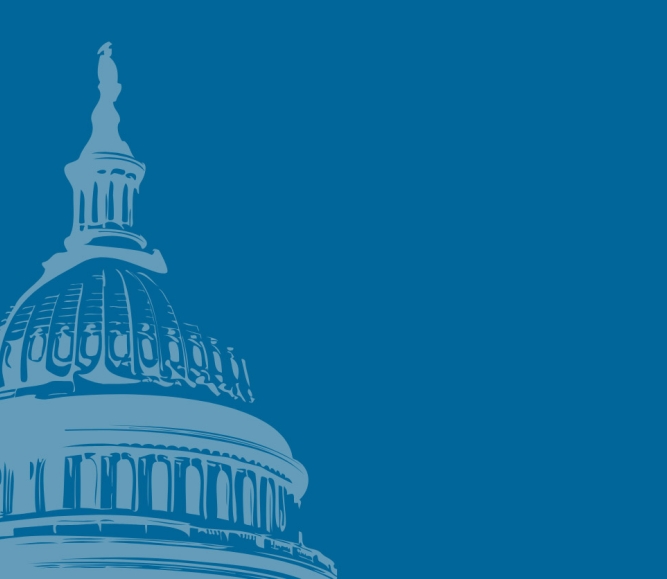SAMHSA releases new survey data on rates of mental illness and substance use disorder in the U.S.
Author

Blaire Bryant
Upcoming Events
Related News

Key Takeaways
On January 4, the U.S. Department of Health and Human Services’ (HHS) Substance Abuse and Mental Health Services Administration (SAMHSA) released the results of its annual National Survey on Drug Use and Health (NSDUH), which provides data on rates of substance use and mental illness at the national, state and local level. The most recent report highlighted new and alarming data on the prevalence of mental illness and substance use disorder in the United States in 2021, underscoring the need for additional federal action to support counties in their efforts to address this growing crisis.
Highlights of key findings include:
- 25 percent of adults (approximately 1 in 4) reported living with a mental illness; a percentage that jumps to 33 percent (1 in 3) for those age 18 to 25
- 16 percent of the U.S. population (approximately 46 million individuals) meet the criteria for having a substance use disorder (SUD)
- 94 percent of people with an SUD reported not receiving treatment for their condition in 2021
Other key findings from the 2021 NSDUH include:
- Continued prevalence of opioid use disorder. In 2021, 9.2 million people aged 12 and older misused opioids.
- Higher rates of SUD and severe depression in youth and young adults. Survey data reported that 1 in 5 adolescents had a major depressive episode (MDE) and more than half of youth with an MDE did not receive treatment. Additionally, the survey reports that 46 percent of young adults aged 18-25 had either a substance use disorder or any mental illness.
- Disparities in access to treatment. Survey data found that White and Multiracial adults were more likely to receive mental health services in the past year than Black, Hispanic or Latino or Asian adults.
- High rates of suicide ideation amongst adults. Survey data reports that approximately 12.3 million adults aged 18 or older had serious thoughts of suicide in the past year, 3.5 million made suicide plans, and 1.7 million attempted suicide. Hispanic or Latino adults were more likely than White or Asian adults to have attempted suicide in the past year, and Black adults were more likely than Asian adults to have attempted to suicide in the past year.
To learn more, view the whole SAMHSA report here.
As the nation’s behavioral health crisis persists, NACo is steadfastly advocating for the passage of key county priorities in the 118th Congress that will support our local behavioral health systems and provide greater pathways to treatment and recovery for those with mental illness and SUD.
Additional Resources
- NACo Blog: Nearly 150 County Officials Sign onto NACo’s Behavioral Health Advocacy Letter to Congress
- Behavioral Health Matters to Counties
- NACo Policy Brief: Fund Local Crisis Response Efforts
- NACo Policy Brief: Enhance Counties’ Ability to Prevent and Treat Mental Illness and Substance Abuse Disorders
Resource
Fund Local Crisis Response Efforts

Related News

USDA and HHS release new dietary guidelines
On January 7, U.S. Department of Agriculture Secretary Brooke Rollins and U.S. Department of Health and Human Services Secretary Robert F. Kennedy, Jr. unveiled the new Dietary Guidelines for Americans, 2025–2030.

SAMHSA cancels, reinstates thousands of behavioral health grants
Late on Wednesday, January 14, the Administration announced that thousands of Substance Abuse and Mental Health Services Administration (SAMHSA) grants that had been terminated just one day earlier would be reinstated.

House passes three-year extension of ACA Enhanced Premium Tax Credits
On January 8, the U.S. House of Representatives passed legislation to extend enhanced Affordable Care Act (ACA) premium tax credits (EPTCs) for three years, sending the measure to the Senate as lawmakers work to negotiate a bipartisan compromise.